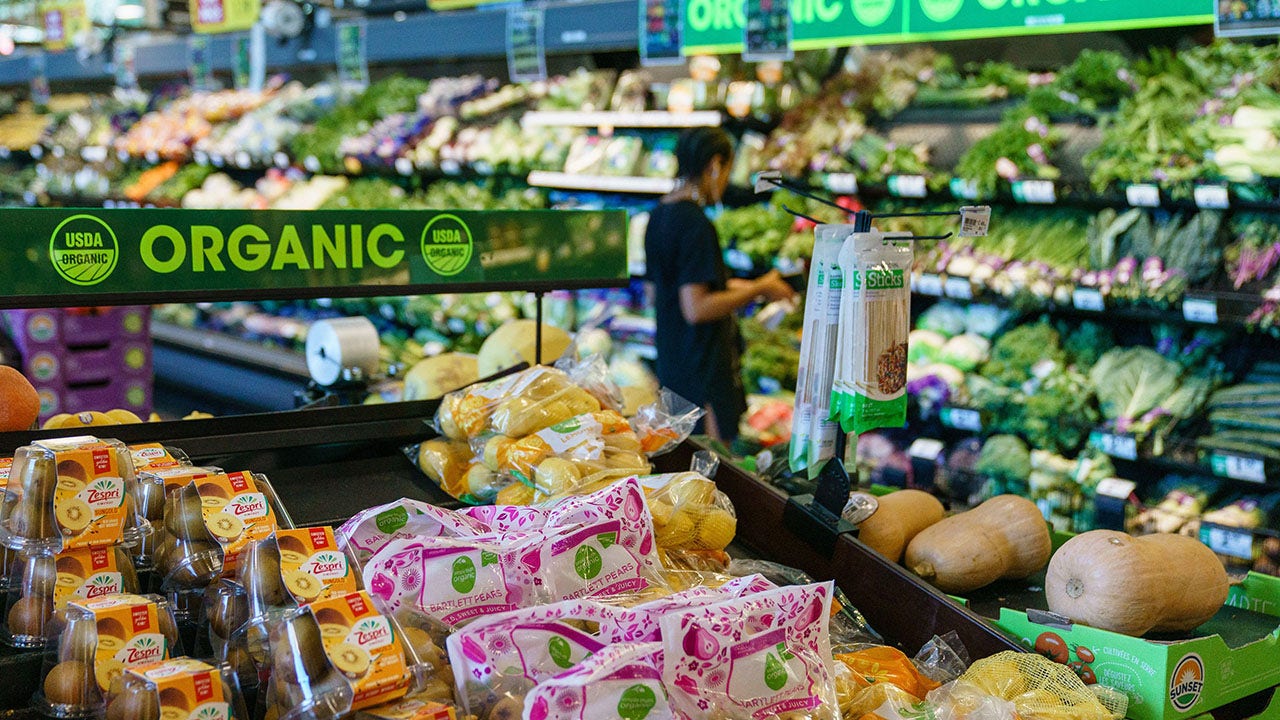Inflation at the wholesale level rose more than expected in July, ending a year-long streak of steady declines in consumer prices.
The Labor Department said Friday that its producer price index, which measures inflation at the wholesale level before it reaches consumers, climbed 0.3% in July from the previous month. On an annual basis, prices are up 0.8%. It marked the first increase in headline inflation since June 2022.
Those figures are both higher than the 0.7% headline increase and 0.2% monthly figure forecast by Refinitiv economists.
JULY INFLATION BREAKDOWN: WHERE ARE PRICES RISING AND FALLING THE FASTEST?
There were other signs of underlying inflationary pressures within the economy in the report.
Excluding the more volatile measurements of food and energy, so-called core inflation rose 0.3% for the month – a reversal from the 0.1% decline in June. The figure was up 2.4% on a 12-month basis.
Additionally, the services index climbed 0.5%, the biggest jump since August 2022, the Labor Department said in the report. About 40% of the increase can be traced to a 7.6% rise in prices for portfolio management, according to the report. The cost for machinery and vehicle wholesaling; outpatient care; chemicals and allied products wholesaling; securities brokerage, dealing and investment advice and transportation of passengers also moved higher.
HOUSING AFFORDABILITY PLUMMETS TO LOWEST LEVEL SINCE 2007 AS PRICES JUMP
“With financial market performance strong, it’s not surprising that asset managers are raising their prices as clients have generally seen their holdings improve,” said Quincy Krosby, chief global strategist for LPL Financial.
The goods index also edged 0.1% higher, an increase that is attributed to a jump in food prices.
The data comes a day after the Labor Department reported that the consumer price index, which measures the prices paid directly by consumers, rose 0.2% in July from the previous month, in line with estimates. Prices climbed 3.2% from the same time last year.
Both releases are considered to be important measurements of inflation, with the PPI believed to be a leading indicator of inflationary pressures as costs work their way down to consumers. The different gauges point to inflation that is still running above the Fed’s preferred 2% target.
The back-to-back inflation reports will have major implications for the Fed, which is tightening rates at the fastest pace in decades as it tries to cool the economy. Policymakers approved an 11h rate hike at their meeting in July but are widely expected to hit pause when they next meet in September.
“Not surprisingly, today’s report offers the hawkish wing of the Fed more ammunition to advocate for another rate hike before the Fed is convinced it’s reached its terminal rate,” Krosby said.
Read the full article here








